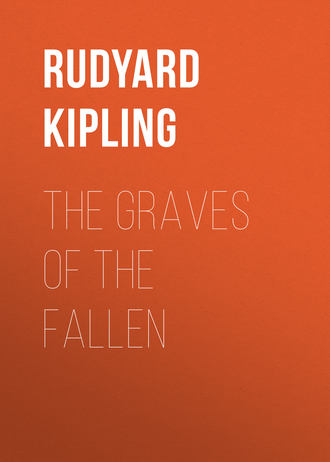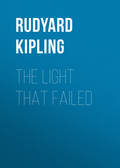
Редьярд Джозеф Киплинг
The Graves of the Fallen
Inscriptions, Registers, and Planning
I N addition to the name and rank upon the headstone, the Commission feel that relatives should, if they wish, add a short inscription of their own choice as an expression of personal feeling and affection. These inscriptions will be at the relatives’ expense, and, to avoid unduly crowding the stones with very small lettering, which, besides being difficult to read, does not weather well, it has been found necessary to restrict the length of the inscription to sixty-six letters.1
Every cemetery will keep registers of the dead buried there, and in these registers it is hoped that it will be possible, with the assistance of his kin, to enter the age, parentage, and birthplace of each known man.
The planning and planting of the cemeteries must depend largely on their site and the climate of the country, but it is proposed that, as a general rule, the cemeteries should have buildings designed for services, ceremonies, and shelter, where the register of that cemetery will be kept under permanent safeguard. To recapitulate: —
1. For each Cemetery its Cross of Sacrifice and Stone of Remembrance, the latter bearing the quotation (Ecclesiasticus 44, v. 14) “THEIR NAME LIVETH FOR EVERMORE”;
2. For each grave its enduring headstone, carved with the symbol of the dead man’s faith, his name and rank, his Regimental badge, and whatever text or inscription his relatives may add;
3. In the Cemetery building the register in which the man’s birthplace, age, and parentage can be recorded and referred to.
Memorials to the Missing
T HIS matter is naturally of the deepest concern to the relatives of those whose bodies have never been recovered or identified, or whose graves, once made, have been destroyed by later battles. Their number is not small, and Sir Frederic Kenyon has suggested that the best way to record their memory would be to place a tablet on the walls or cloisters at the cemetery nearest to the spot where it is presumed they have lost their lives. In the case of officers and men in the Flying Corps, the place of whose death could not be known within many miles, the tablet might be placed in the cemetery nearest to the camp from which they had started on their last flight. But in any case relatives may be assured that the dead who have no known resting-place will be made equal with the others, and that each case will be dealt with upon full consideration of its merits as regards the site and the place of the memorial.






